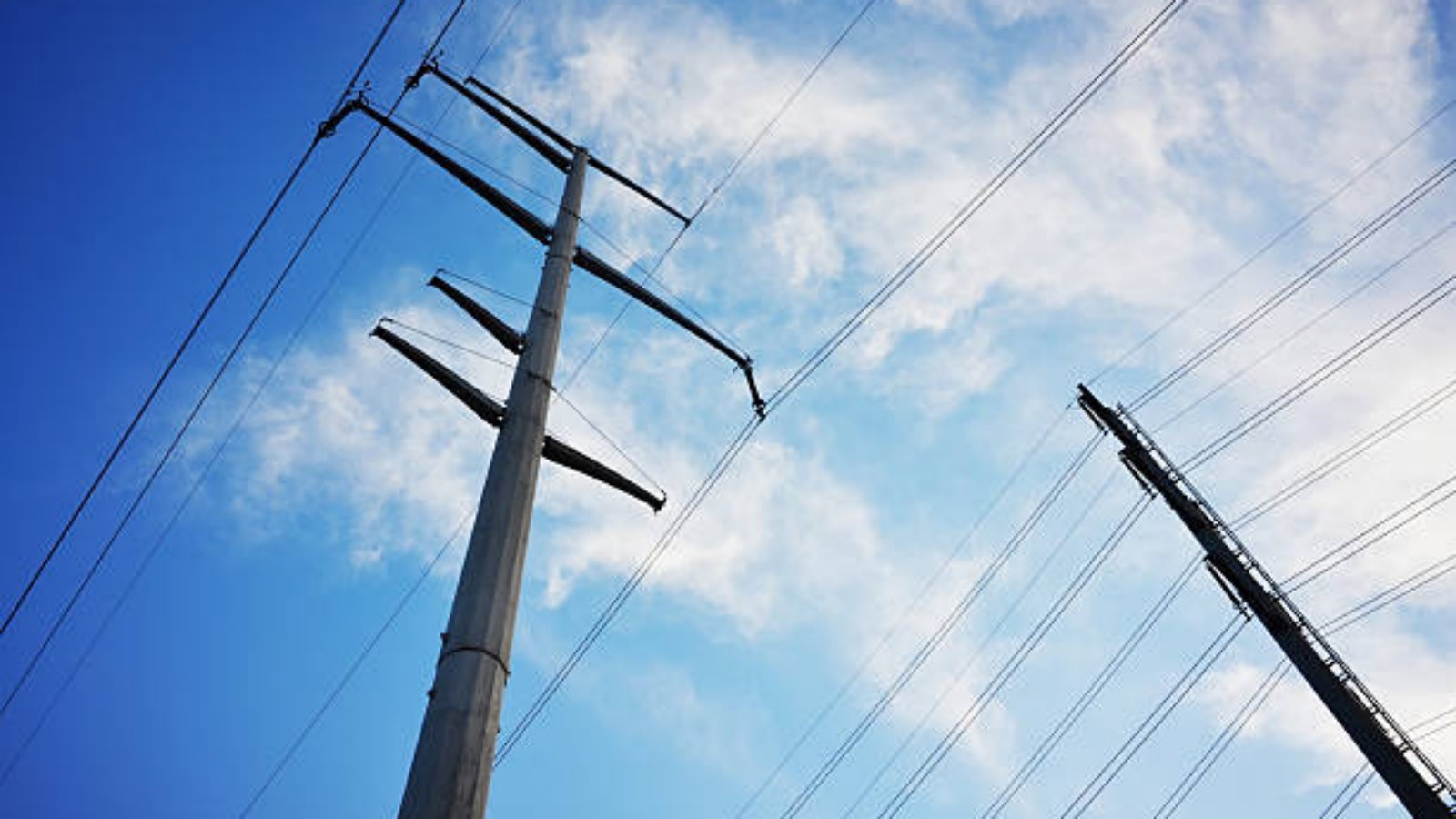Introduction
Coupling connectors are essential components used in various industries to connect two or more parts together. These connectors help in transmitting power, signals, or fluids between different components of a system. From mechanical systems to electrical circuits, coupling connectors play a crucial role in ensuring efficient and reliable operation. In this article, we will explore the different aspects of coupling connectors and their significance in different industries.
1. Understanding Coupling Connectors
A coupling connector is a device used to join two or more components together, allowing them to work as a single unit. These connectors come in different shapes and sizes, depending on the specific application and requirements. They can be mechanical, electrical, or fluid coupling connectors, each serving a unique purpose. The main function of a coupling connector is to provide a secure and reliable connection while allowing flexibility and ease of assembly and disassembly.
2. Mechanical Coupling Connectors
Mechanical coupling connectors are widely used in mechanical systems to connect rotating shafts, pipes, or other mechanical components. These connectors ensure proper alignment and torque transmission between the connected parts. Mechanical coupling connectors can be rigid or flexible, depending on the application. Rigid couplings provide a solid connection without any flexibility, while flexible couplings allow for slight misalignment and compensate for vibration and shock.
3. Electrical Coupling Connectors
In electrical systems, coupling connectors are used to join cables, wires, or electrical components. These connectors provide a safe and reliable connection, ensuring the uninterrupted flow of electrical signals. Electrical coupling connectors come in various types, such as connectors for power transmission, data transfer, audio/video connections, and more. The choice of the connector depends on factors like voltage, current, signal integrity, environmental conditions, and ease of installation.
4. Fluid Coupling Connectors
Fluid coupling connectors, also known as hydraulic connectors, are used to join pipes, tubes, or hoses in fluid systems. These connectors allow the transfer of liquids or gases between different components, such as pumps, valves, cylinders, and reservoirs. Fluid coupling connectors are designed to withstand high pressures, temperature fluctuations, and chemical compatibility. They ensure leak-free connections, preventing any loss of fluid and maintaining the efficiency of the system.
5. Importance of Coupling Connectors in Automotive Industry
The automotive industry heavily relies on coupling connectors for various applications. In cars, these connectors are used to join different components of the engine, transmission, exhaust system, and fuel system. Coupling connectors ensure proper alignment, torque transmission, and fluid transfer, contributing to the overall performance and reliability of the vehicle. They also play a crucial role in connecting electrical wiring and sensors, enabling efficient communication and control within the vehicle's systems.
6. Application of Coupling Connectors in Aerospace Industry
The aerospace industry demands highly reliable and robust coupling connectors for critical applications. These connectors are used in aircraft engines, hydraulic systems, avionics, and electrical systems. They provide secure connections that can withstand extreme temperatures, vibrations, and high pressures. Coupling connectors in aerospace applications ensure the safety and functionality of various systems, contributing to the overall performance and efficiency of aircraft.
7. Coupling Connectors in Industrial Machinery
Industrial machinery, such as manufacturing equipment, relies on coupling connectors for efficient operation. These connectors are used to connect motors, pumps, conveyors, and other mechanical components. They enable power transmission, proper alignment, and ease of maintenance. Coupling connectors in industrial machinery need to withstand heavy loads, shock, and continuous operation, ensuring smooth and reliable functioning of the equipment.
8. Coupling Connectors in Renewable Energy Systems
Renewable energy systems, like wind turbines and solar power plants, utilize coupling connectors for various purposes. These connectors are used to connect different components of the system, such as blades, generators, inverters, and control systems. Coupling connectors enable efficient power transmission, signal transfer, and mechanical stability in renewable energy systems. They contribute to the overall performance and reliability of these systems, harnessing clean and sustainable energy sources.
9. Importance of Coupling Connectors in Medical Devices
The medical industry heavily relies on coupling connectors for various medical devices and equipment. These connectors are used in patient monitoring systems, diagnostic equipment, surgical tools, and more. Coupling connectors ensure the reliable transmission of signals, fluids, and power within medical devices, contributing to accurate diagnoses and effective treatments. They also play a crucial role in ensuring the safety and compatibility of medical devices with different accessories and consumables.
10. Conclusion
Coupling connectors are indispensable components in various industries, enabling the efficient and reliable operation of systems and equipment. Whether it is mechanical, electrical, or fluid coupling connectors, their role in providing secure connections, proper alignment, and ease of assembly cannot be overstated. From automotive and aerospace industries to renewable energy and medical sectors, coupling connectors continue to play a vital role in powering innovation and progress.

